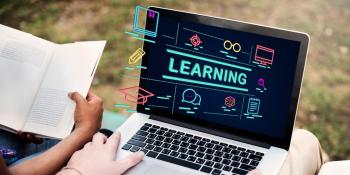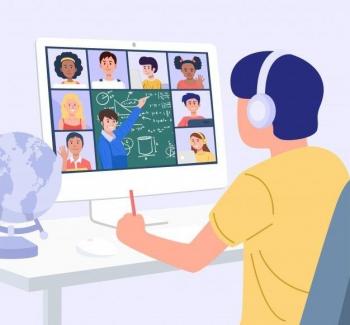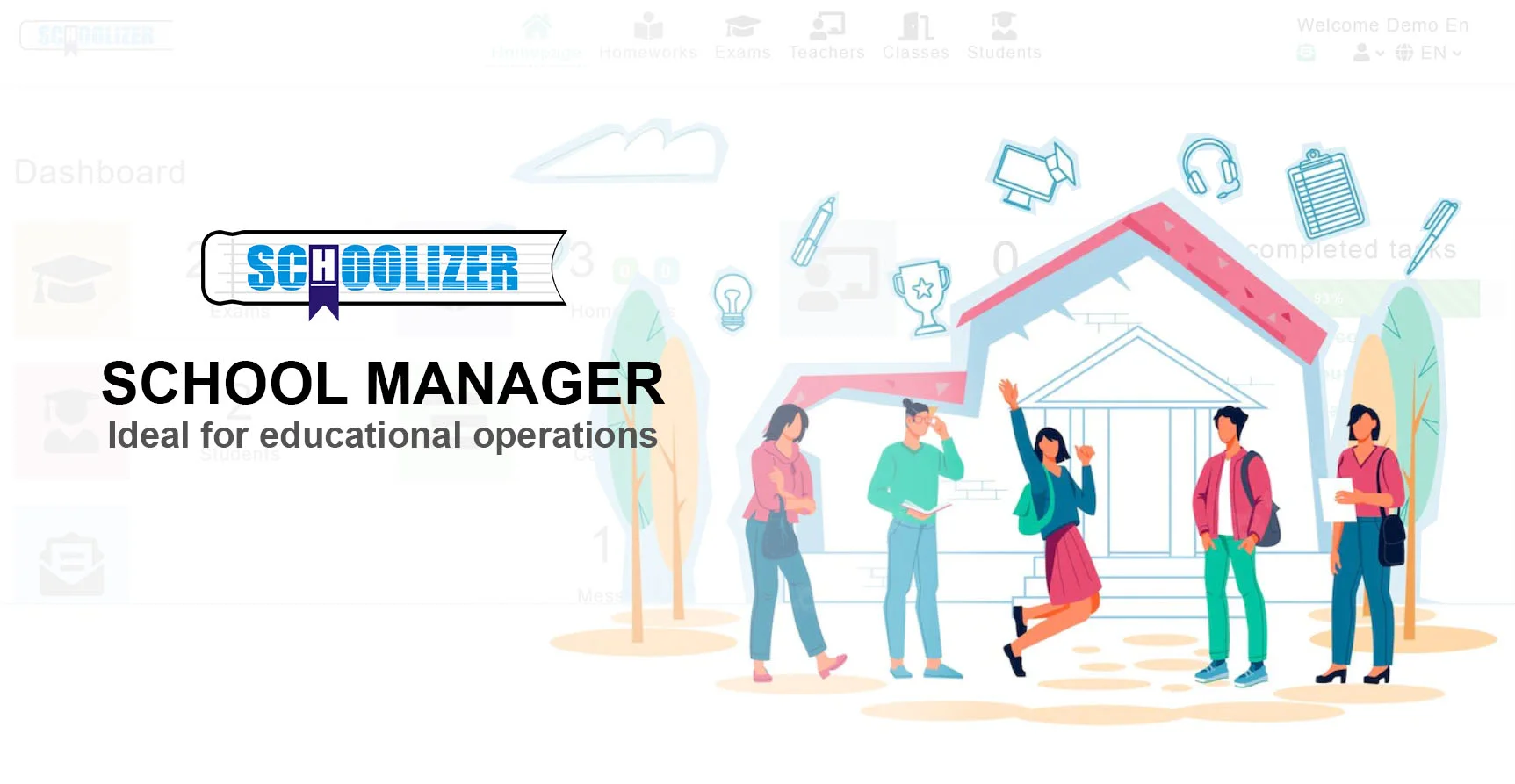The Power of Education Research: Transforming Teaching and Learning

The Power of Education Research: Transforming Teaching and Learning
What if teachers could unlock the secrets to more effective learning? How can education research shape the way we teach and learn? Why is evidence-based practice crucial in modern classrooms? These questions lie at the heart of understanding how research can revolutionize education. In this article, we explore the impact of education research, its practical applications, and how it can bridge the gap between theory and classroom practice.
1. Understanding Education Research
Education research is the systematic study of teaching and learning processes, methodologies, and outcomes. It encompasses a wide range of disciplines, from cognitive psychology to curriculum design, aiming to improve educational practices. Unlike anecdotal evidence, education research relies on rigorous data collection, analysis, and peer-reviewed validation to draw meaningful conclusions.
A real-world example is John Hattie's Visible Learning project, which synthesized over 1,200 meta-analyses to identify the most effective teaching strategies. His research revealed that factors like teacher clarity and feedback have a significant impact on student achievement, providing educators with actionable insights.

2. Why Education Research Matters
Education research serves as the backbone of effective teaching. Without it, educators would rely on intuition or tradition rather than proven methods. Research helps identify what works, what doesn’t, and why—ensuring that classroom practices are grounded in evidence.
For instance, research on spaced repetition has shown that students retain information better when learning is distributed over time rather than crammed. This principle has transformed study techniques and curriculum planning, leading to more efficient learning.

3. Key Areas of Education Research
Cognitive Science and Learning
Studies in cognitive science explore how the brain processes and retains information. Concepts like working memory and cognitive load theory have reshaped lesson planning to avoid overwhelming students.
Classroom Management
Research in this area examines strategies for maintaining an effective learning environment. Techniques like positive reinforcement and structured routines have been shown to reduce disruptions and improve engagement.

4. Bridging the Gap Between Research and Practice
One challenge in education is translating research findings into classroom application. Many teachers struggle to access or interpret academic studies. Professional development programs and platforms like TeachThought play a crucial role in making research digestible and actionable for educators.
For example, the flipped classroom model gained traction after research highlighted its benefits for student engagement. Teachers who adopted this approach saw improvements in participation and comprehension.

5. The Future of Education Research
Emerging technologies like artificial intelligence and learning analytics are opening new frontiers in education research. These tools enable personalized learning experiences by analyzing student data in real time.
Additionally, interdisciplinary research combining neuroscience, psychology, and education promises deeper insights into how students learn best.

6. How Educators Can Engage with Research
Teachers don’t need to be researchers to benefit from education studies. Here are practical ways to stay informed:
- Follow reputable education journals and blogs.
- Participate in professional learning communities.
- Experiment with small-scale classroom interventions based on research findings.







